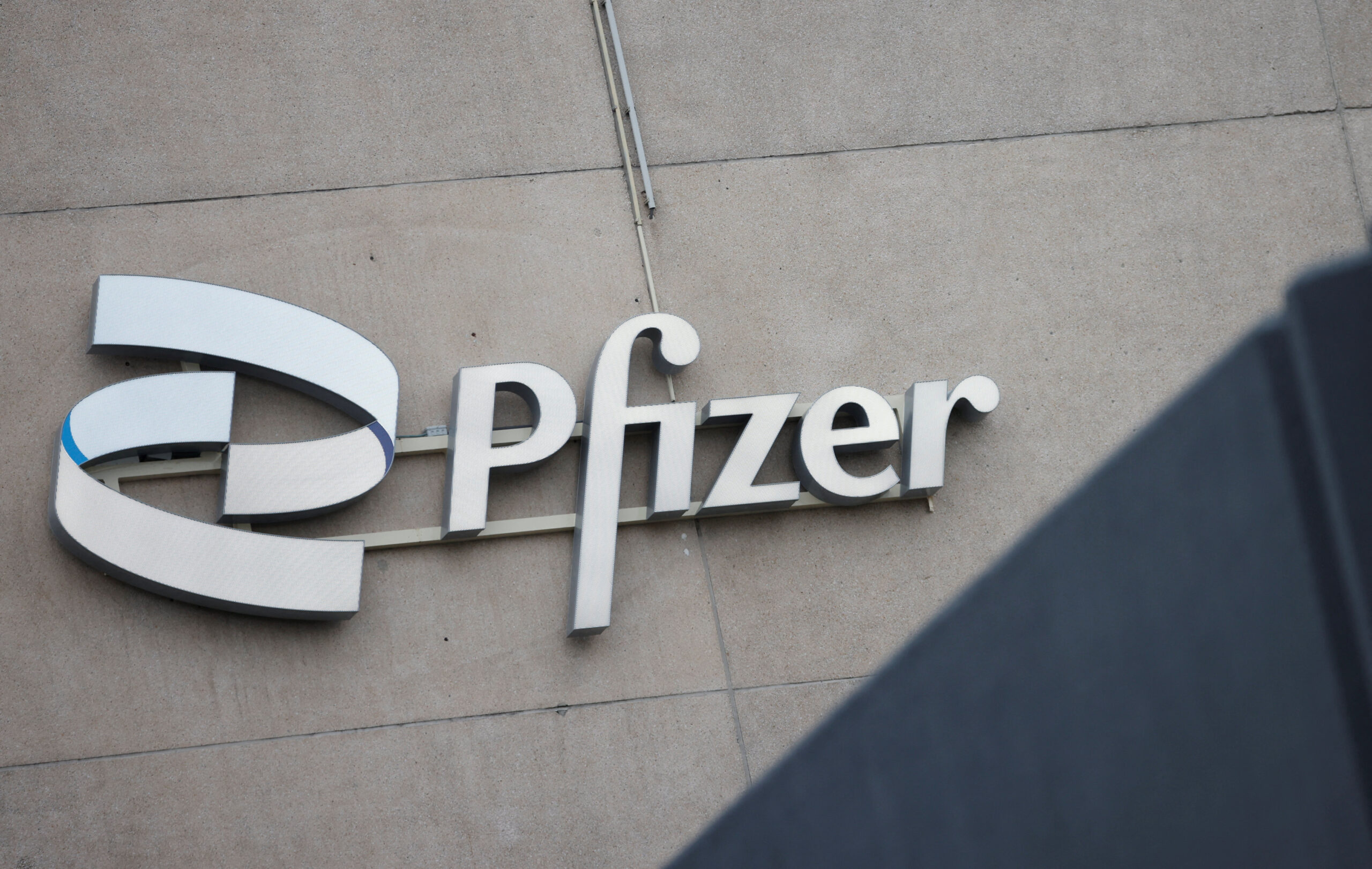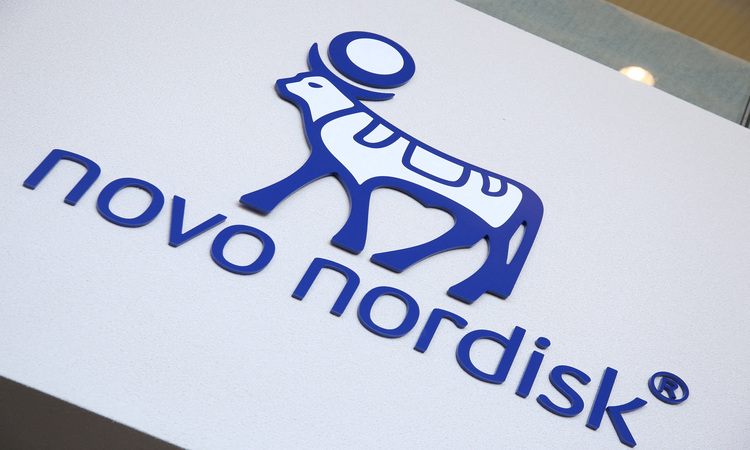Pfizer’s (NYSE: PFE) decision late on Wednesday to withdraw its sickle cell disease treatment due to the risk of death could help speed up trials of new experimental rivals, Wall Street analysts said.
Oxbryta, one of at least six treatments for the disease, is mostly used in patients with mild-to-moderate symptoms. The drug received accelerated approval in the U.S. in 2019, requiring further trials to confirm the benefits.
In July, the European Medicines Agency posted online concerns about deaths in two of those trials. The regulator, after a meeting on Thursday to discuss the data, said it had serious concerns about the safety. It recommended an immediate suspension of its authorization.
The U.S. Food and Drug Administration said it was conducting a safety review of postmarketing clinical data for the drug, and will also review real-world registry studies. After the review, it will communicate any additional findings, if necessary.
At least three Wall Street brokerages said the withdrawal could create an immediate need to accelerate trials of rival drugs for the inherited condition, including Agios Pharmaceuticals’ mitapivat and Fulcrum Therapeutics’ pociredir.
Enrollment in an early-stage trial has been a hurdle for Fulcrum, said analysts at Leerink.
In the case of Agios, it could create pressure on regulators to speed up the review, Piper Sandler analysts said.
If mitapivat shows benefit in reducing the painful episodes that mark the disease, “we anticipate this will enable an easier regulatory review, especially now considering the greater demands from patients who can no longer access Oxbryta,” said Piper Sandler’s Christopher J. Raymond.
Shares of Agios (NASDAQ: AGIO) rose 4% before reversing gains, while Fulcrum (NASDAQ: FULC) jumped over 17% on Thursday.
Two recently approved gene therapies – bluebird bio’s Lyfgenia and Vertex Pharmaceuticals’ and partner CRISPR Therapeutics’ Casgevy – are reserved for people with severe forms of the disease.
The removal of Oxbryta likely leaves the vast majority of patients, who have mild-moderate symptoms, relying on chemotherapy medicine hydroxyurea, said Stifel analyst Dae Gon Ha on Thursday.
Sickle cell disease affects an estimated 100,000 people in the U.S., most of whom are Black.
The withdrawal is the latest headwind for Pfizer and its CEO Albert Bourla. Investors have punished the company as it navigates sharply dropping sales for its COVID vaccines and drugs, a weaker-than-hoped launch of its respiratory syncytial virus (RSV) vaccine, and disappointing clinical data for an obesity pill it was developing.
Pfizer (NYSE: PFE) shares were marginally down on Thursday. The stock is trading at around half its pandemic highs.
Oxbryta was the centerpiece of Pfizer’s $5.4 billion buyout of Global Blood Therapeutics in 2022, one of many deals bankrolled by the pandemic-era windfall. It also picked up two other experimental sickle cell treatments, both of which remain in clinical trials, according to Pfizer’s website.
In patients with the disease, red blood cells become sickle or crescent-shaped and can cause strokes, organ damage, and early death, as well as debilitating pain crises.
(Source: ReutersReuters)













